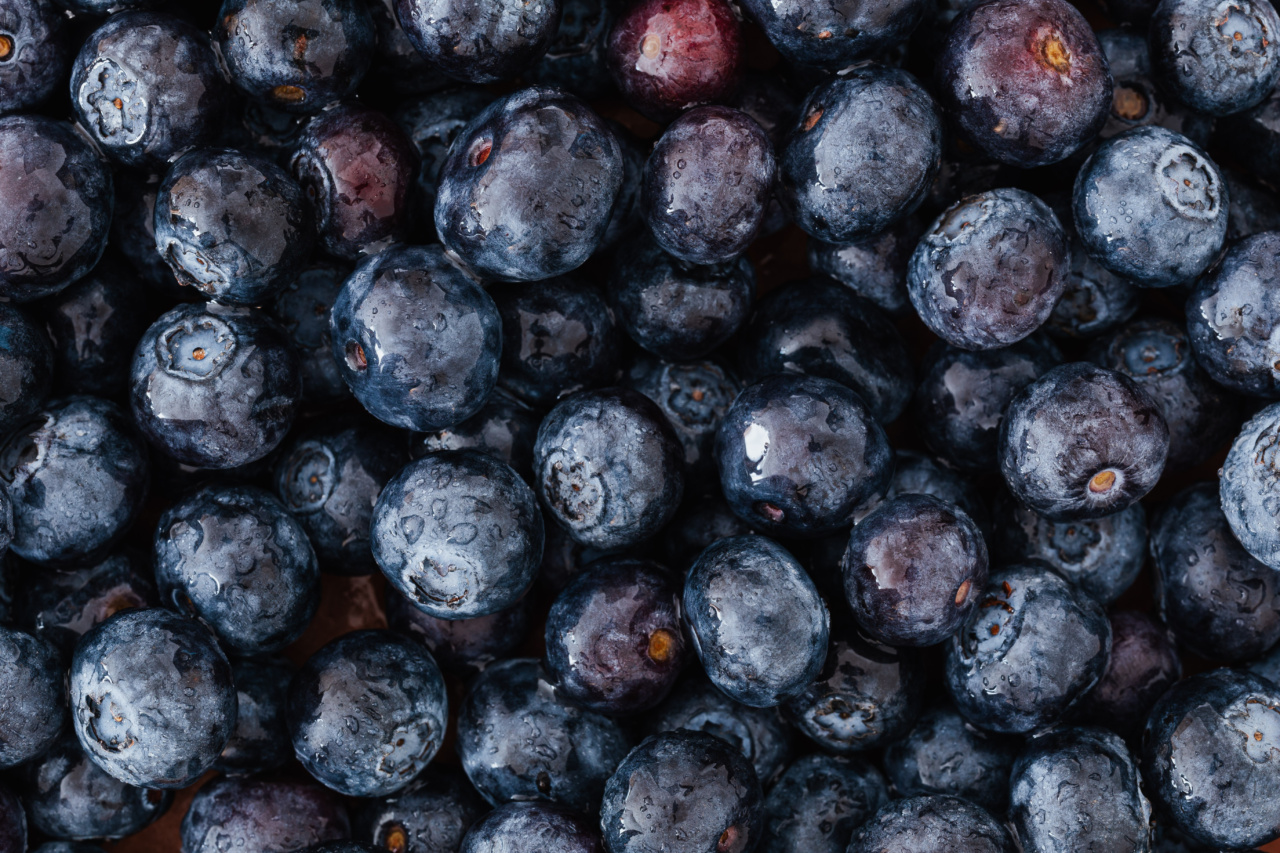Eating a healthy, well-balanced diet is essential at every stage of life. As we go through different decades, our nutritional needs change, and it’s important to make appropriate dietary adjustments to support overall health and well-being.
Whether you’re in your 20s or your 80s, optimizing your diet can provide numerous benefits, from enhancing cognitive function and boosting energy levels to reducing the risk of chronic diseases.
Dietary Adjustments in Your 20s
Your 20s are a time of transition and exploration. It’s a period when you may still be developing eating patterns and habits. Here are some key dietary adjustments to consider:.
- Incorporate a variety of fruits and vegetables: Focus on consuming different colorful fruits and vegetables to obtain a wide range of vitamins, minerals, and antioxidants.
- Choose whole grains: Opt for whole grain products such as brown rice, whole wheat bread, and quinoa. They provide more fiber and nutrients compared to refined grains.
- Include lean protein sources: Swap out processed meats for lean protein sources like chicken, turkey, fish, tofu, beans, and legumes.
- Stay hydrated: Aim to drink enough water throughout the day to support proper hydration.
- Moderate caffeine and alcohol consumption: Be mindful of your intake of caffeinated beverages and alcoholic drinks, as excessive consumption can have negative effects on your health.
Dietary Adjustments in Your 30s
As you enter your 30s, your body’s metabolism begins to slow down slightly. To maintain good health and manage weight, consider the following dietary adjustments:.
- Maintain a balanced diet: Continue to prioritize a balanced intake of fruits, vegetables, whole grains, lean proteins, and healthy fats.
- Focus on nutrient-dense foods: Choose foods that are rich in essential nutrients and lower in empty calories to meet your body’s changing needs.
- Increase calcium intake: Boost your calcium consumption through dairy products, fortified plant-based alternatives, leafy greens, and calcium-rich fish like sardines and salmon.
- Monitor portion sizes: Be conscious of portion sizes to prevent overeating and promote weight management.
- Prioritize heart-healthy fats: Include sources of monounsaturated and polyunsaturated fats like avocados, nuts, seeds, and fatty fish in your diet.
Dietary Adjustments in Your 40s
As you approach your 40s, certain nutritional considerations become more important to support your overall health and well-being:.
- Focus on maintaining muscle mass: Incorporate protein-rich foods into your diet to preserve muscle mass, which naturally declines with age. Include lean meats, dairy products, eggs, legumes, and plant-based protein sources.
- Increase fiber consumption: Aim for adequate fiber intake to support digestive health and reduce the risk of chronic diseases like cardiovascular disease and type 2 diabetes. Include whole grains, fruits, vegetables, and legumes in your meals.
- Be mindful of salt intake: Monitor your sodium intake to maintain healthy blood pressure levels and reduce the risk of hypertension. Limit processed foods and opt for fresh, whole foods instead.
- Include antioxidant-rich foods: Antioxidants help protect against oxidative stress and age-related diseases. Incorporate foods like berries, dark leafy greens, beans, and nuts into your diet.
- Stay hydrated: Hydration becomes even more important with age. Ensure you’re drinking enough water throughout the day and limit sugary beverages.
Dietary Adjustments in Your 50s and Beyond
As you enter your 50s and beyond, your nutritional needs continue to evolve. Here are some dietary adjustments to consider:.
- Increase calcium and vitamin D intake: Aging increases the risk of osteoporosis, so it’s crucial to consume adequate calcium and vitamin D. Include dairy products, fortified plant-based alternatives, and fatty fish in your diet.
- Focus on healthy fats: Choose monounsaturated and polyunsaturated fats over saturated and trans fats to support heart health. Incorporate foods like avocados, olive oil, nuts, and seeds.
- Prioritize fiber-rich foods: Fiber aids digestion, promotes gut health, and helps manage weight. Include whole grains, fruits, vegetables, and legumes in your meals.
- Consume omega-3 fatty acids: Omega-3s help reduce inflammation and support brain health. Fish oil supplements or fatty fish such as salmon, mackerel, and sardines can be beneficial.
- Stay hydrated: Dehydration becomes more common in older adults. Drink plenty of water and choose hydrating foods like soups, fruits, and vegetables.
The Importance of Regular Physical Activity and Hydration
Regardless of your age, it’s essential to combine a healthy diet with regular physical activity and proper hydration.
Exercise helps maintain muscle strength, flexibility, and cardiovascular health, while hydration supports all body functions, from digestion to cognitive performance.
Remember that individual needs may vary, so consulting with a healthcare professional or registered dietitian can provide personalized guidance based on your unique circumstances, health conditions, and goals.
Making informed dietary adjustments can empower you to enhance your overall well-being and enjoy each stage of life to the fullest.





























